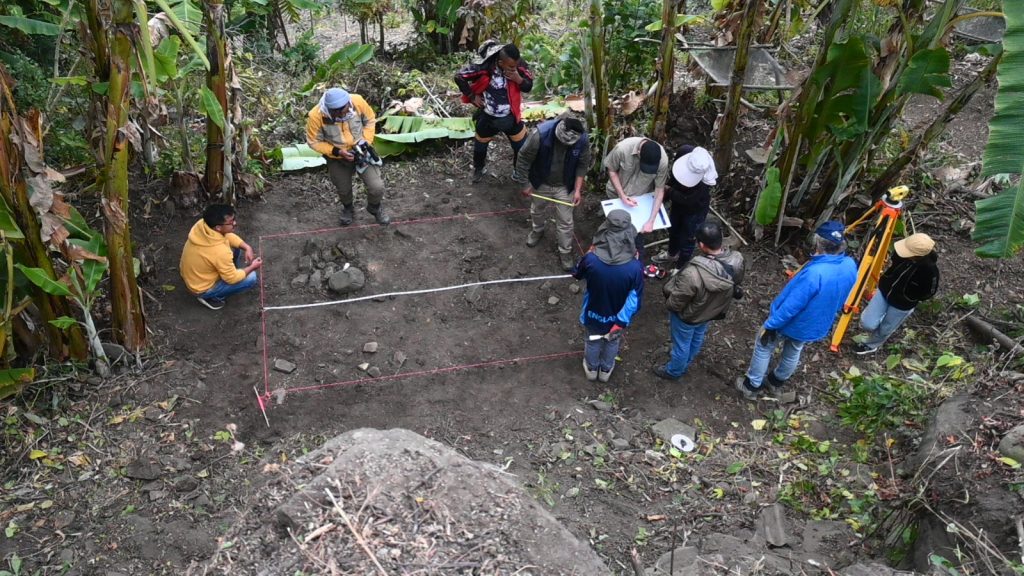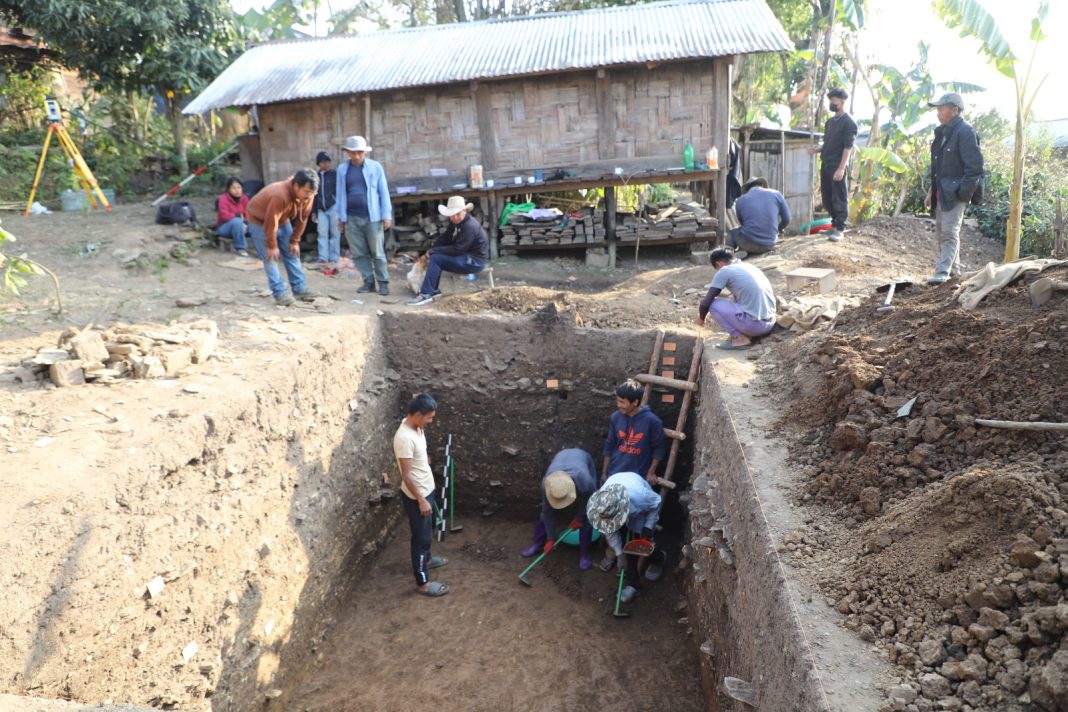
Guwahati, June 16: A groundbreaking archaeological project led by Nagaland University is exploring how ancient Naga communities adapted to environmental change, aiming to apply those lessons to today’s food security challenges.

The research, funded by the Australian Research Council (2025–2028), is a multi-national effort involving Nagaland University, the University of Sydney, La Trobe University, the University of York, and the Birbal Sahni Institute of Palaeosciences, with support from Nagaland’s Department of Art and Culture.
The study focuses on both prehistoric and ancestral Naga village sites from the Holocene and Anthropocene periods.
The goal: uncover how past societies survived and thrived through environmental shifts — and what their strategies can teach us about sustainability today.

Leading the project is Prof. Tiatoshi Jamir of Nagaland University. The team includes international experts such as Prof. Alison Betts and Dr. Rebecca Hamilton from the University of Sydney, and specialists in palaeoscience, archaeology, and sustainability.
Researchers are working closely with Indigenous communities in a participatory approach that respects traditional knowledge and ensures local ownership. This collaboration has already led to fieldwork in villages like Langa and New Phor, where elders’ oral histories are being recorded and integrated with excavation data.
In Langa, for instance, archaeologists uncovered the remains of an earlier settlement that had been abandoned and later reoccupied, with the community actively involved in documenting the site’s heritage.
The team is analyzing ancient pottery, soil samples, and plant remains to reconstruct past agricultural practices and dietary patterns. Radiocarbon dating, phytolith analysis, and residue studies will create a detailed chronology of environmental and cultural change. The findings will help map how Naga communities historically adapted to climate fluctuations — knowledge that could guide current and future strategies for resilience.
“Understanding past responses to climate shifts gives us tools to support Indigenous food systems under today’s threats,” said Prof. Alison Betts. “We’re not just digging up the past — we’re using it to prepare for the future.”
The project also addresses broader misconceptions. Practices like jhum (slash-and-burn farming), often blamed for environmental harm, are being reevaluated. Emerging evidence suggests these systems may actually foster biodiversity, crop resilience, and community stability.
Beyond academic output, the project is committed to public outreach. Community archaeology films and local dissemination of findings will ensure that knowledge returns to the people who helped uncover it.

As climate uncertainty grows and traditional farming faces increasing pressure, this research is poised to offer practical, historically grounded solutions — not just for Nagaland, but as a model for other regions navigating environmental and cultural change.





